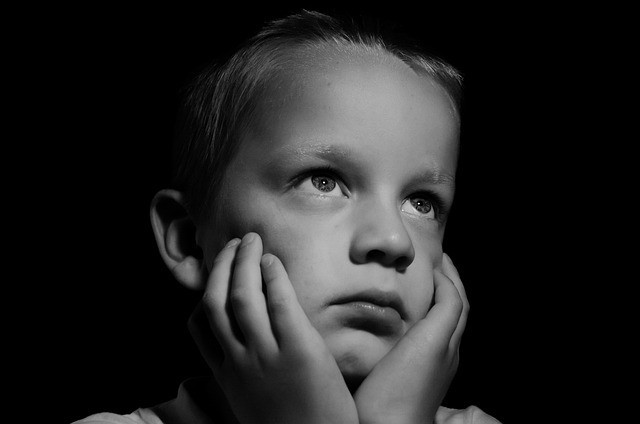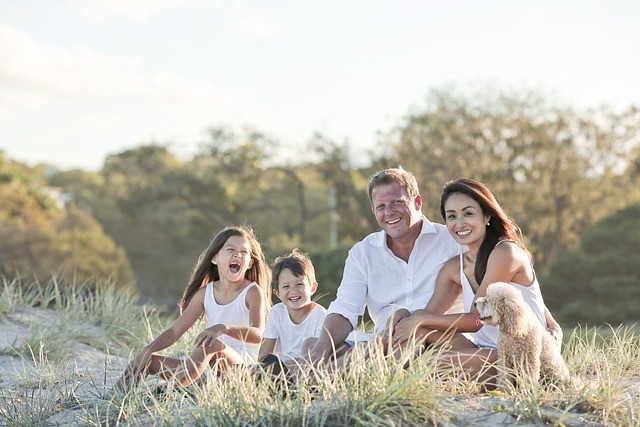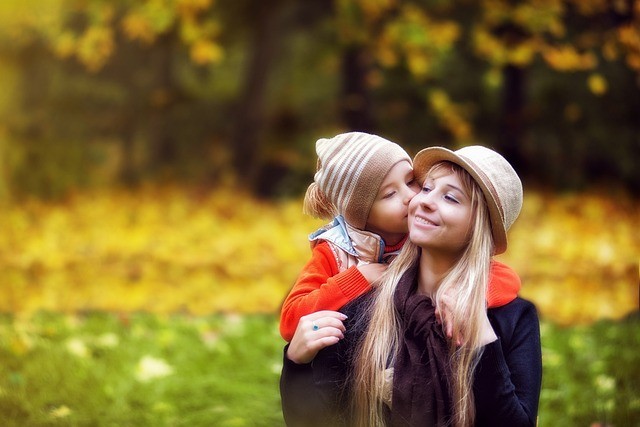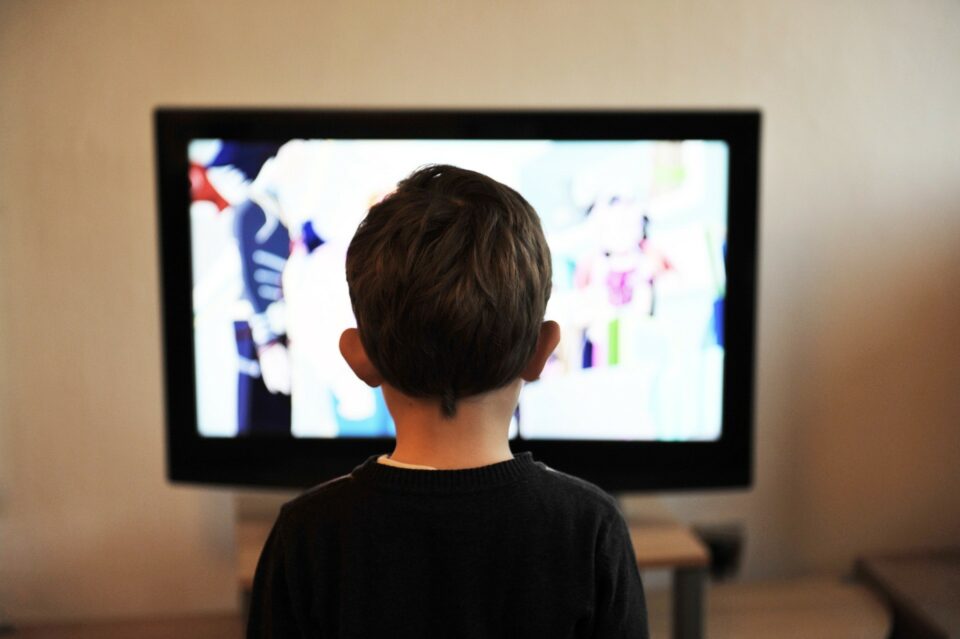When children are born, they depend totally on their parents for everything. When a parent dies and the child left behind is of preschool age, it causes an intense emotional disturbance that will have lifelong consequences. At this young age, children struggle to understand exactly what has happened; they experience strong feelings and do not know what to do about them. They will have plenty of questions about what happened, why, and how things are going to go on in the future.
What a Grieving Child Needs
What they will also need is to be able to tell their stories. Not that they think the whole situation is all about them; rather, the death of the parent has far-reaching effects and the children will have been greatly affected. The parent’s passing was a landmark event and the child is the survivor. They need to tell their side of the story. They will want to talk about where they were when they heard about it, who told them, and what it was like. Nothing should be considered trivial; every detail is of weighty importance to the child.
The main challenges facing the grieving child are:
- accepting that this is a permanent change
- allowing the grieving process to occur naturally
- living in an environment where the parent is no longer physically present
- sustaining a connection to the lost parent while continuing with their life
Children Need to Tell Their Side of the Story
Telling their side of the story is a large part of the healing process for children, so they need to be listened to and understood. Listening to them is one of the best ways to help grieving children. Another important part of the process is ensuring continuity. The child might feel that his life as he knew it has come to an end. Some aspects of life will indeed have stopped, but there needs to be continuity as much as is possible.
This means activities at home, school, and in other parts of the child’s life, should carry on as normal. Of course, this does not mean ignoring what has happened; everyone around the child should be aware of what happened and play their part in supporting him and providing extra help as needed. This requires the child’s remaining main caregiver informing the teacher and other appropriate people about the situation and how it needs to progress.
The Importance of Touch
One of the effects of grief is a feeling of loneliness. And one way to lessen this feeling is by giving loving comfort and physical contact. One simple but effective measure to maintain is giving hugs and cuddles. It can reassure the child that he is being looked after and he is still very much cared for. This should come not only from the surviving parent, also from the extended family and close friends. It can be difficult for the surviving parent to provide such an intense level of care and attention while also in a state of grief.
It is a Shared Experience
But it is vital this care is provided. When a member of the family dies, the whole family can feel broken apart. The death affected the family, so the grief is shared, and so accepting and moving on can also be shared. Everyone can feel like they are dealing with the loss alone, making them withdraw. The surviving parent might try to grieve alone in private while putting on a brave face for the child, as though shielding the child from displays of pain will help.
But it is healthy and appropriate for children to see that they are not the only ones with these feelings. Thinking that they are isolated in their grief will only make a child feel even more alone and disconnected. The child’s connection with the parent who died needs to be maintained, and the connection with the surviving parent needs reinforcing.
There are some practical ways to help the child maintain the connection to the parent who died, and to the remaining parent. The child needs:
- to know the what and why about the death
- to have fears and worries addressed
- to be reassured there is no blame on them
- to be listened to carefully
- to have feelings and grief accepted & respected
- to feel safe in the world
- to have people around who can help with overwhelming emotions
- to be included in anniversaries & rituals regarding the lost parent
What is it that needs to be achieved?
You are not trying to help the child get over what happened; that will never happen – life will never be the same again. It would be unfair to tell the child that it will be. The aim is to help them accept the loss and to see a path forward. Many adults have never learned these principles and even if they were not grieving themselves, would find it hard to say the right things. Because of this inability or fear of saying the wrong thing, they might opt to just play it safe and not mention it. This will create something big that never gets discussed, leading to an even worse feeling of isolation.
The Symptoms Children Display
Not only this, but there are plenty of other symptoms that a child might display:
- problems with sleeping and eating – poor sleep, having nightmares, eating excessively or very little
- aggressive behaviour & temper tantrums
- difficulties at school, such as poor behaviour & concentration, and much reduced academic ability, regressing to much younger behaviour
- physical symptoms – such as headaches & stomach aches
- self-destructive behaviour, doing dangerous things or even self-harming
- difficulty talking about the parent who died
- being socially withdrawn and not mixing with friends or relatives
- feeling guilty, the child may blame herself for the parent’s death. However irrational, the feeling is real.
Some are to be expected and will not continue for long. But if the support the child is receiving is not sufficient or is inappropriate, some symptoms might persist or become serious. If this happens, it could be a sign that the child needs professional help. It can be beneficial at this time for the child to talk to someone distanced from the people involved, and who understands how to deal with the situation.
We can all see or feel the symptoms of grief in ourselves, but some of those in the list above might not be so obvious to adults, especially when they are dealing with grief themselves. Also, the child might say things that cover up their feelings and the behaviours can mostly be kept out of sight. This can be down to feelings of guilt or thinking that showing their sadness will bring further sadness to others.
Is Specialist Help an Option?
Specialist bereavement counsellors know the signs to look for and how to approach them. Bringing an outsider into your child’s life to discuss something very personal and sensitive might at first seem an unusual way to help. But isn’t it sometimes easier to talk to someone you don’t know? We all tell doctors things about our bodies that we wouldn’t discuss with friends.
When someone dies, it always affects a group of people, often a whole family. Engaging a bereavement counsellor will help the child to deal with the changes, and in addition it helps other family members by removing some of the pressure from them.
Can Someone Else Really Help?
Professional counselling offers the child the opportunity to talk about things in a safe, non-judgemental setting. The child knows the therapist did not know the deceased parent, and so they can tell the whole story about their lost parent whereas when talking to a family member, much is already understood. And there might be things that the family avoided discussing about the deceased, which can be freely talked about with an outsider.
Allowing and encouraging a bereaved child to talk openly about what happened and how she feels also brings the whole event into the open; it is no longer something that only the family know about. And as we all know, a problem shared is a problem halved. In effect, talking to a professional helps everyone affected. Professional counsellors do not make judgements and only have the aim of supporting and guiding the bereaved through the grieving process in order that they can continue their lives.
It is always of course preferable to get help from people who really know what they are doing. If you don’t know where to go, here are some reputable organisations that can help you.
- Winston’s Wish
- www.winstonswish.org
Winston’s Wish was the first UK childhood bereavement charity. They have been providing specialist support for children since 1992. They provide support for young people and those who look after them.
- Grief Chat
- https://griefchat.co.uk/
Grief Chat aim to make bereavement counselling available for free to anyone in the UK. If you think you need further support, they aim to help locating this.
Child Bereavement UK is an organisation aimed at helping people to rebuild their lives after someone has died. There are different areas on the site and this includes support for grieving children.
Cruse is a charity recommended on the NHS website. They have 4,000 volunteer counsellors across the UK and are open to discuss grief issues and any difficult subjects surrounding, professionally and without judgement.




